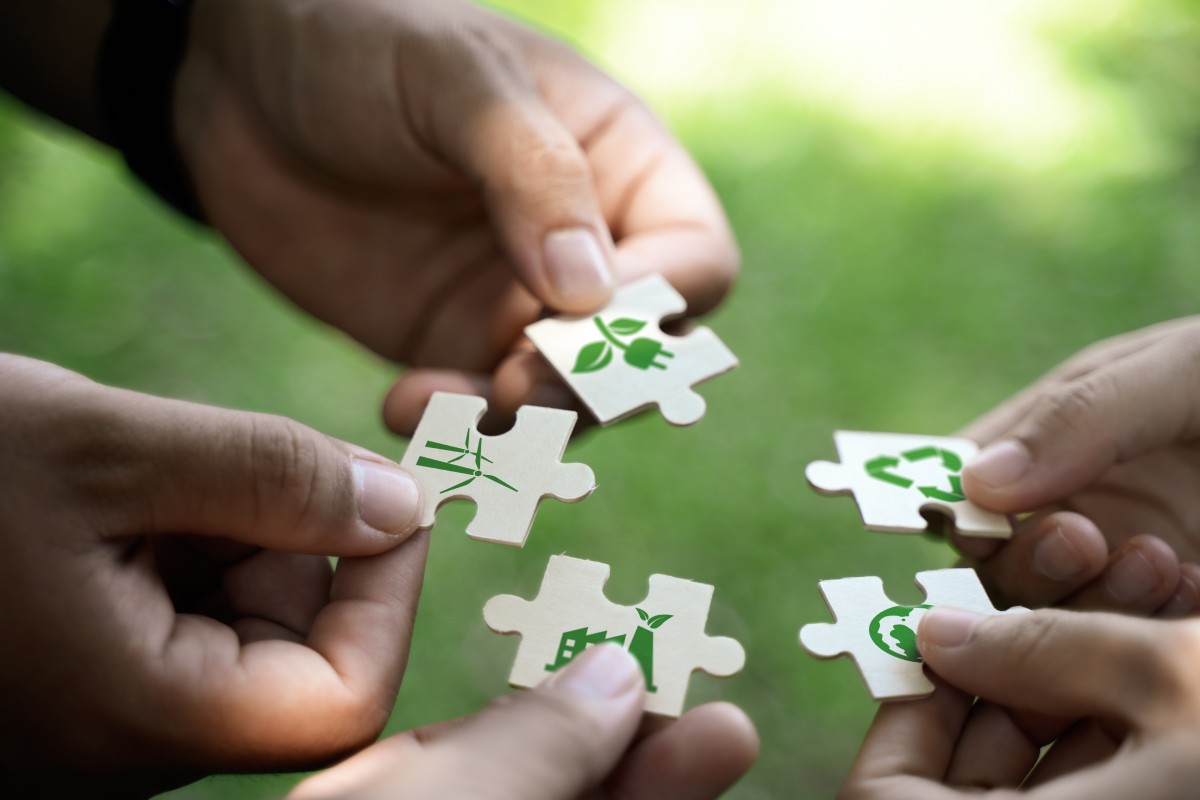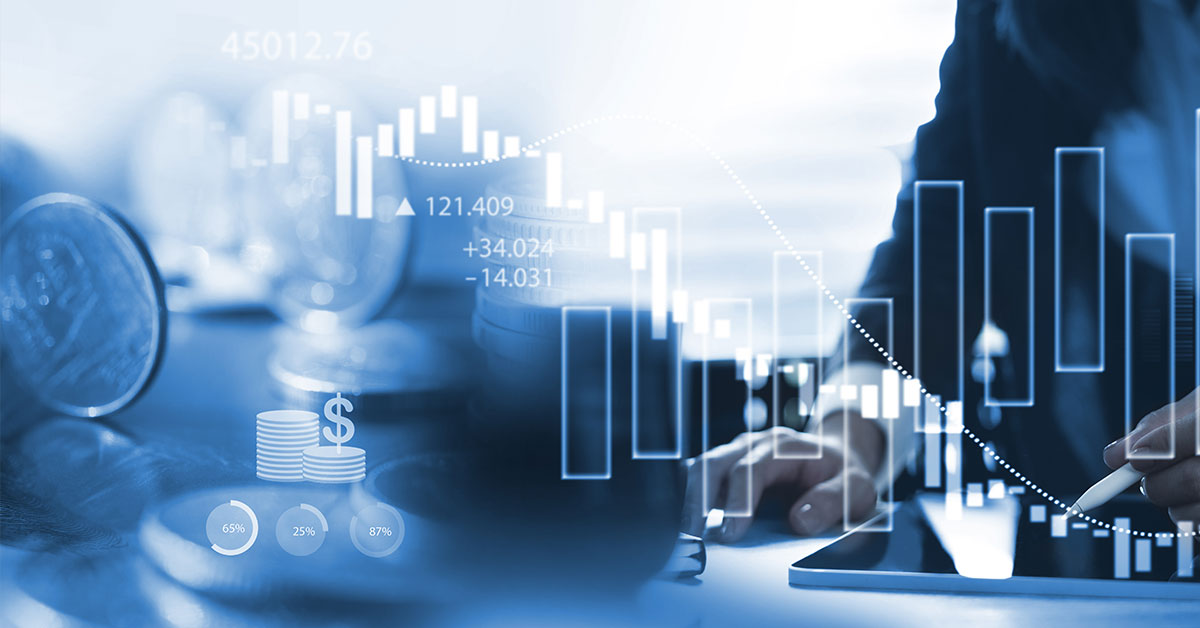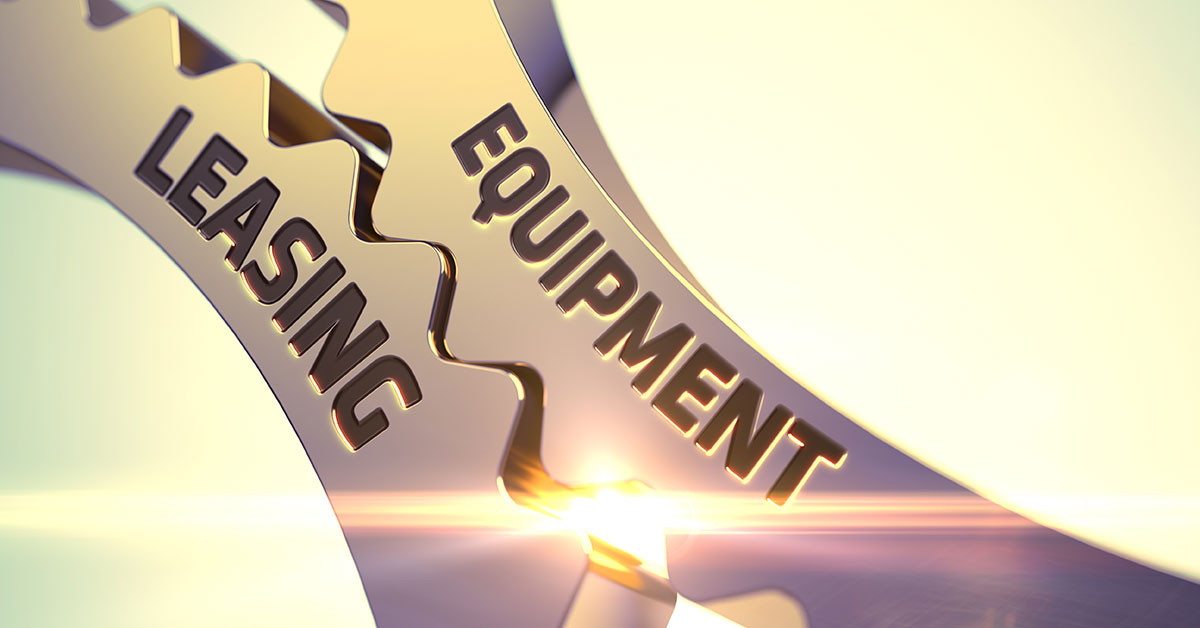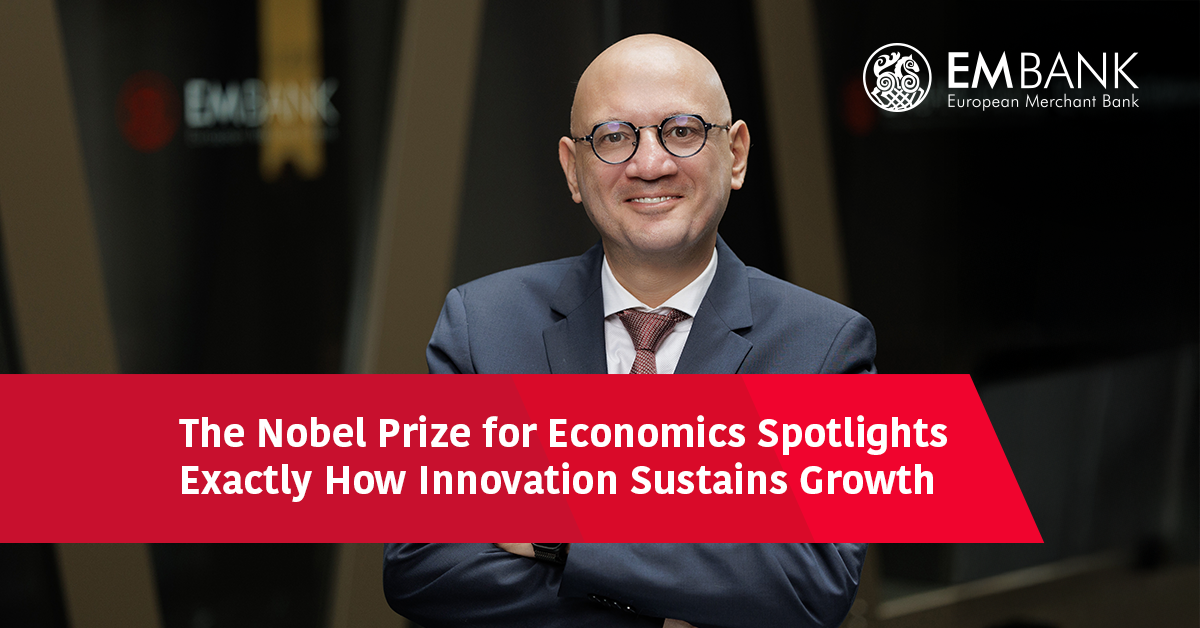Lithuania is dominated by small and medium-sized enterprises (SMEs), which account for more than 95% of all companies operating in the country. They are major job creators and important economic players in many sectors. As Europe moves towards sustainability, SMEs have an important role to play not only in creating greener businesses, but also in communicating the importance of this trend to their employees.
Studies show that SMEs are actively involved in the implementation of sustainability and green practices. For example, research commissioned by Eurochambres and SMEunited reveals that 60% of SMEs operating in the EU have invested in sustainability objectives in the last two years. These initiatives include adopting energy-saving technologies, reducing and recycling waste, using cleaner vehicles in their business operations and developing more environmentally friendly products.
Attention from governments and banks
For their part, the Lithuanian institutions are developing support programmes such as Expo Opportunities for Business, APVA and others, but these are often not enough. Sustained growth requires flexible solutions. Getting a grant to implement sustainable solutions takes time, so businesses often need additional support, and a financial partner such as a bank can play an important role
As Europe moves towards sustainability, banks are keeping pace. Increasingly, banks are taking into account the business need for which they will lend. Banks are also not providing finance to businesses whose activities are harmful to the environment. Simply put, there is a need for businesses to go beyond declaring sustainable corporate values and goals and take real action.
Sustainability is not just about solar power plants
European Merchant Bank | EMBank has contributed to a number of success stories in creating more sustainable business solutions. These are usually loans to install solar power plants, energy storage equipment, or less energy-intensive machinery. Recently, we have seen a surge in demand for such financing.
Our bank’s experts point out that, in addition to solar power plants, other solutions are also gaining popularity to help businesses transform themselves into more sustainable ones. In Lithuania, green business practices are becoming more and more important and more widely adopted in various sectors,
Many SMEs are starting to offer eco-friendly products such as organic food, cosmetics and cleaning products.
To reduce pollution and car traffic, some businesses are offering bicycle and electric scooter rental services. At the same time, businesses themselves are replacing their operational transport with electric cars, with the help of support.
Businesses are not forgetting the issue of waste reduction and recycling. Some small businesses are focusing on sustainable reusable packaging. The use of recycled materials in production is also increasing
It is also worth mentioning the companies operating in Lithuania that are focusing on the development and implementation of sustainable technologies. These companies are developing technological solutions to reduce transport pollution, decarbonise the energy and chemical industries and create a circular economy.
A changing worldview
Business attitudes towards the importance of ecology are growing rapidly around the world. According to the IMD Business School, around 13,000 companies in Europe are currently moving towards more sustainable practices. At the same time, more than 6,000 companies worldwide have set or committed to science-based targets for reducing emissions. Simply put, the companies themselves have set a target to work towards.
This is also confirmed by the position of company managers. IMD Business School data showed that around 45% of CEOs around the world believe that increased focus on environmental, social responsibility and governance programmes has improved corporate performance. These are the three main factors taken into account when assessing the sustainability and societal impact of investing in a company or business, and it is only natural that the role of these factors will continue to grow.
It is noticeable that businesses are investing not only in technology development, but also in the team. Linkedin’s Economic Graph data shows that by 2023, there will be a more than 15% increase in the number of job advertisements with a job description that includes the need for the candidate to be qualified to work on the company’s sustainability strategy and implementation. This demand is only likely to increase, as evidenced by the fact that not all companies are yet ready for so-called green strategies.
At the same time, the market for green technologies and sustainable solutions is forecast to grow impressively. TravelPerk estimates that the market will grow by around 20% annually for the next 5 years, which means that by 2030 the market could be worth almost €60 billion.
Global trends show that businesses are currently in a transformational mood. Investing in sustainability and social responsibility not only contributes to the attractiveness of companies, but also increases their ability to attract investors or expand. We have all the potential not only to keep pace but also to be among the leaders.
Aurelijus Šveikauskas, Member of the Board of European Merchant Bank | EMBank




